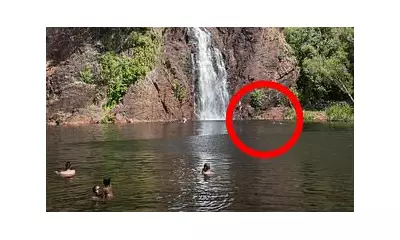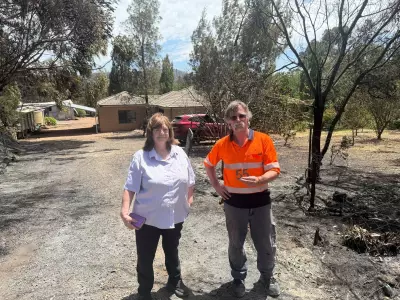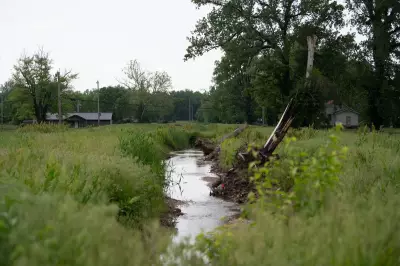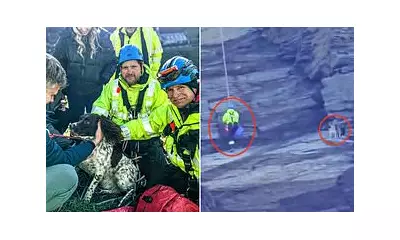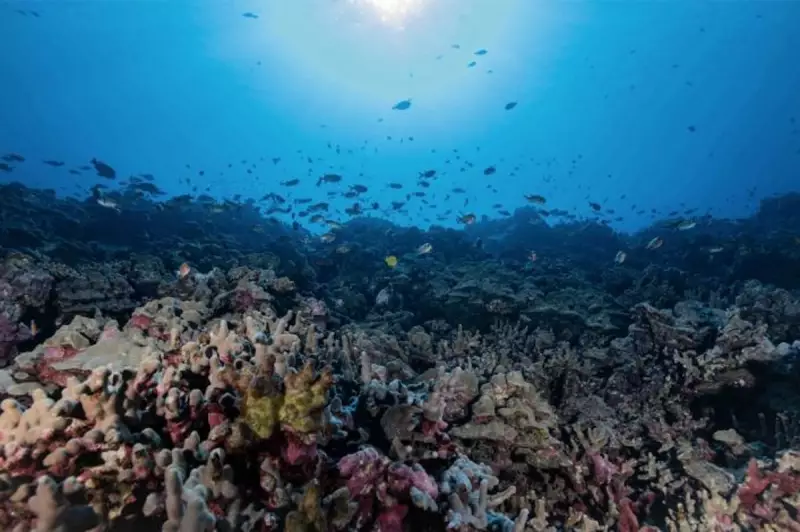
Alarming new scientific evidence has exposed a severe environmental crisis unfolding in Hawaii's tropical waters, where the islands' world-renowned coral reefs are being systematically poisoned by rampant sewage contamination.
A comprehensive study published in the esteemed journal Nature Sustainability has documented shocking levels of wastewater pollution infiltrating marine environments through Hawaii's porous volcanic groundwater systems. This invisible contamination represents an existential threat to both fragile aquatic ecosystems and human health.
The Hidden Pathway of Pollution
Unlike conventional pollution sources, this contamination follows a stealthy route: sewage from septic tanks and injection wells percolates through the islands' volcanic substrate, emerging directly into coastal waters through underwater springs. This bypasses traditional treatment methods and delivers concentrated pollutants straight to vulnerable coral communities.
Lead researcher Dr. Craig Nelson from the University of Hawaii describes the findings as particularly concerning: "We're witnessing a silent crisis where the very groundwater that should sustain these ecosystems is instead delivering a cocktail of contaminants that disrupt coral biology and promote destructive algal growth."
Ecological Impact and Health Risks
The consequences extend far beyond environmental damage. The contaminated waters contain:
- Elevated nutrient levels that fuel algal overgrowth, smothering corals
- Human-derived bacteria and pathogens harmful to marine life
- Chemical contaminants from pharmaceuticals and personal care products
- Potential transmission vectors for waterborne human diseases
Researchers documented particularly severe contamination at Kahekili Beach Park on Maui's west coast, where the coral ecosystem shows significant stress indicators and reduced biodiversity.
A Call for Urgent Action
The study underscores the critical need for comprehensive wastewater infrastructure reforms throughout the Hawaiian Islands. With tourism representing a cornerstone of Hawaii's economy—much of it centered around pristine marine environments—the economic implications are as significant as the ecological ones.
Environmental advocates are urging state officials to accelerate plans for advanced wastewater treatment facilities and to reconsider land-use policies that contribute to groundwater contamination. The future of Hawaii's marine heritage, they argue, depends on immediate and decisive action to address this invisible threat flowing beneath the islands' paradisiacal surface.


